
MUCH MORE THAN BLOCKS….
Masonry is woven into our daily lives without even thinking about it. From horizontal to vertical construction, masonry is a masterpiece that protects endures and stand against the test of time so you can enjoy the wonderful places you work and call home. This is Masonry!
The Benefits of Using Concrete Masonry Units
Choosing construction materials can take time, as it is important to ensure the best possible end product. CMUs are one of several materials that can be used, depending on the scope of the project and several other factors. The advantages of CMUs in construction include:
- American Made & Locally Sourced
- Resilient Design to Sustainability
- Acoustics
- Strength
- Fire Safety
- Mold and Moisture Resistant
- Low Maintenance
- Energy Efficiency
- Environmentally Friendly
- CMU Applications
CMUs can form the basis of many projects benefiting architects and end users. Due to their many benefits, CMUs are preferred for foundation, basement, partition, interior, and exterior walls. Additionally, finishes can prevent water penetration and complement space appearance, including epoxy, urethanes, and different paints.
CMU options suit many construction needs, from basic jobs to elaborate architecture.
- Ground face finish: Provides smooth finish, available in various colors.
- Split face finish: Features added depth and dimension for aesthetic appeal.
- Recycled: Made with recycled materials, available in many finishes.
- Polished block: Offers a highly polished finish highlighting aggregate’s natural beauty.
Examples of block types
4 Inch Regular
Size: 4x8x16
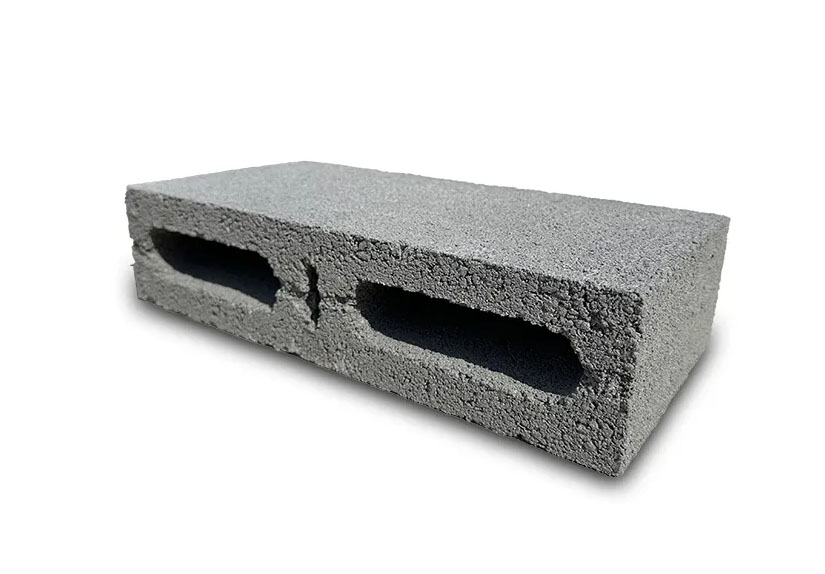
6 Inch Regular
Size: 6x8x16
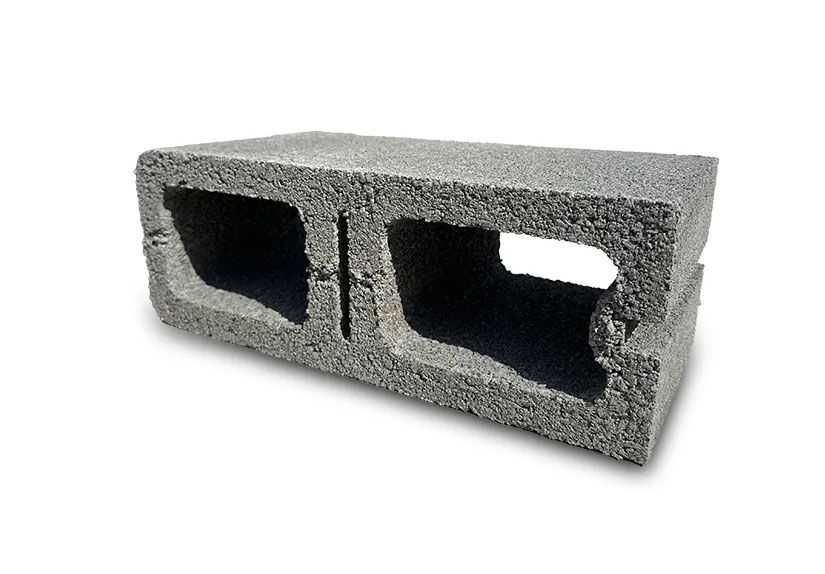
8 Inch Regular
Size: 8x8x16
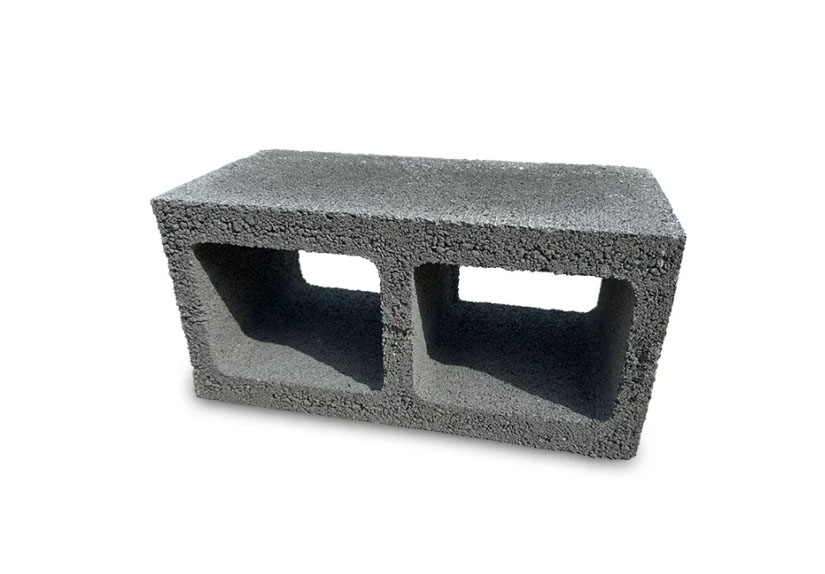
12 Inch Regular
Size: 12x8x16
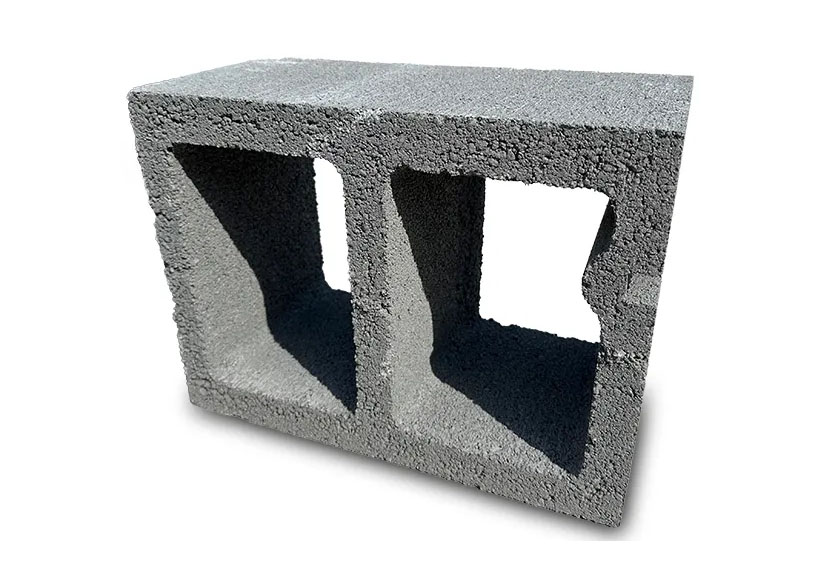
Half High
Size: 8x4x16
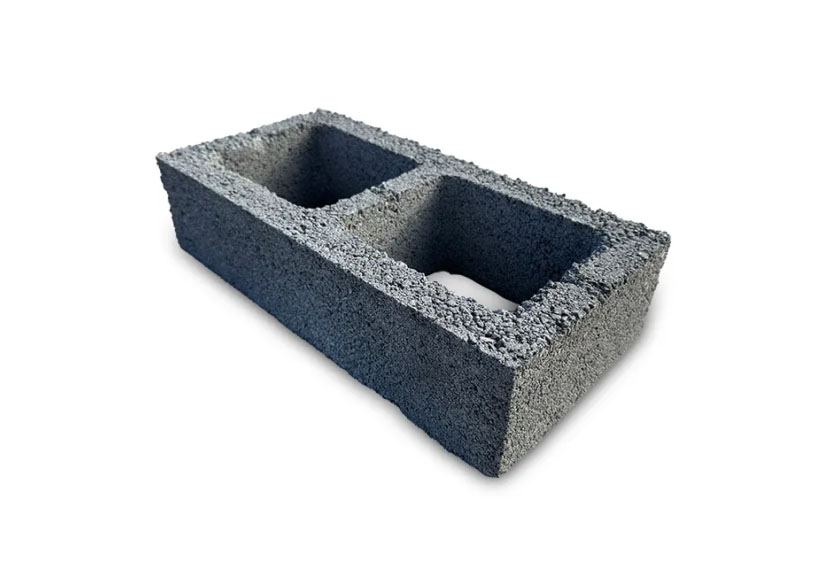
Half High
Size: 12x4x16
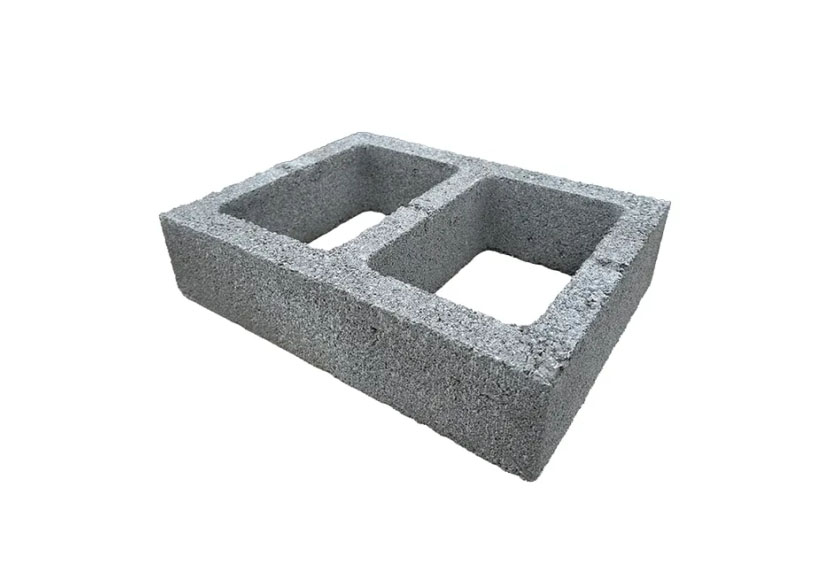
2 Inch Solid
Size: 2x8x16
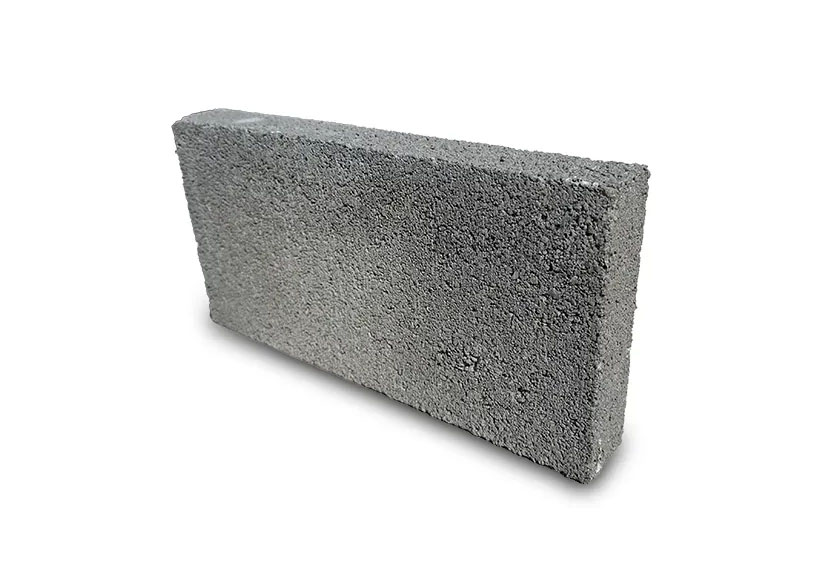
4 Inch Solid
Size: 4x8x16
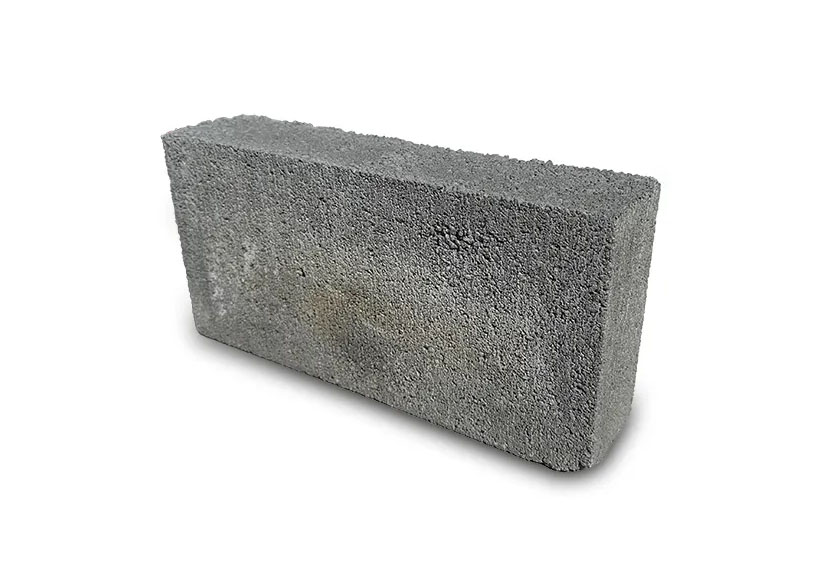
6 Inch Solid
Size: 6x8x16
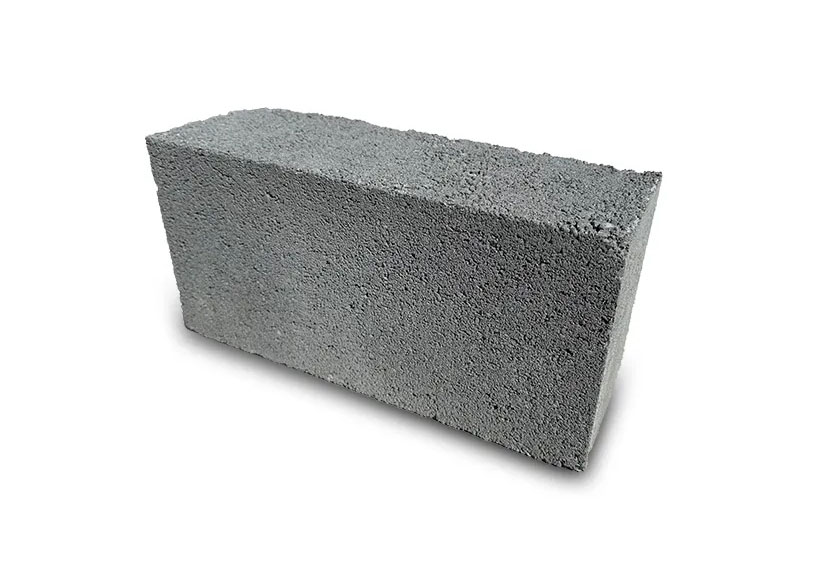
8 Inch Solid
Size: 8x8x16
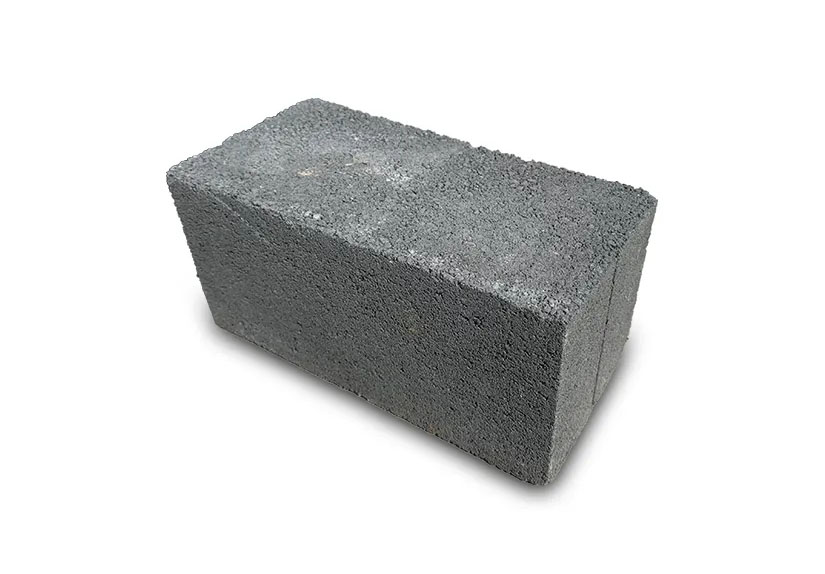
12 Inch Solid
Size: 12x4x16
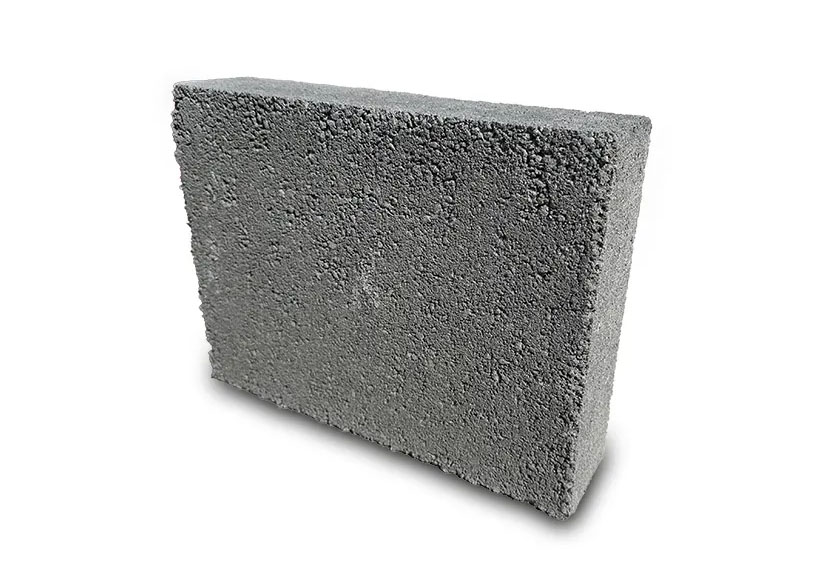
FHA Cap
Size: 6x8x16
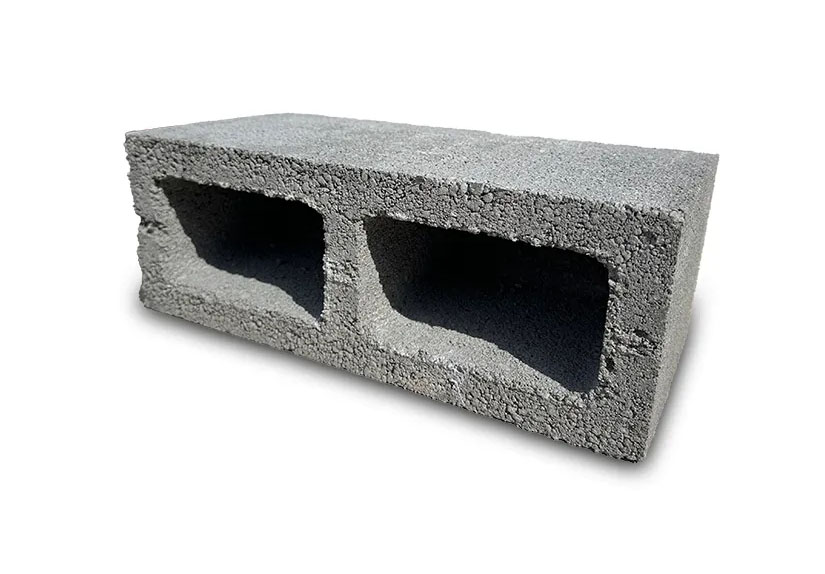
FHA Cap
Size: 8x8x16
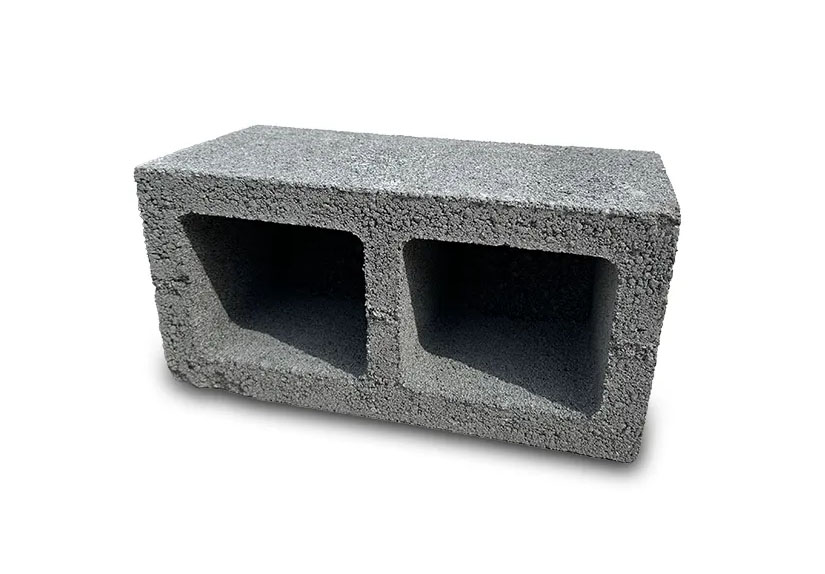
FHA Cap
Size: 12x8x16
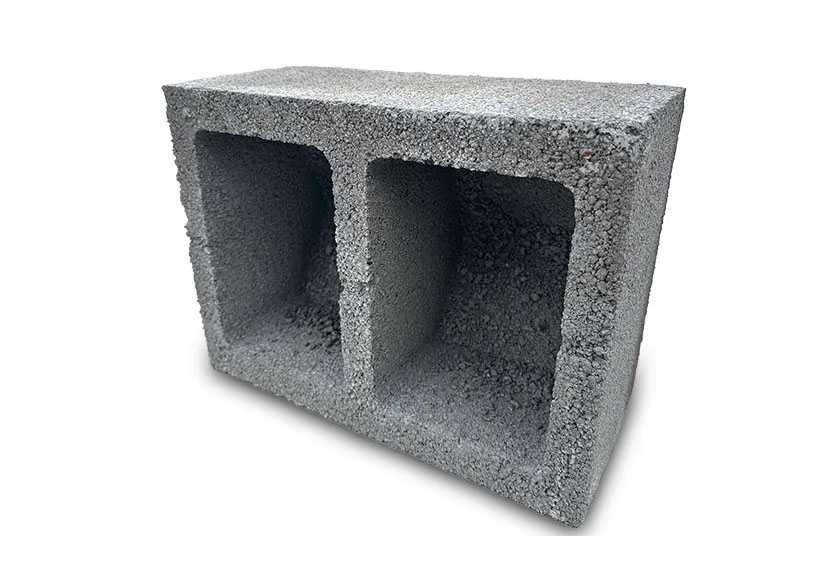
Header Block Hollow
Size: 8x8x16
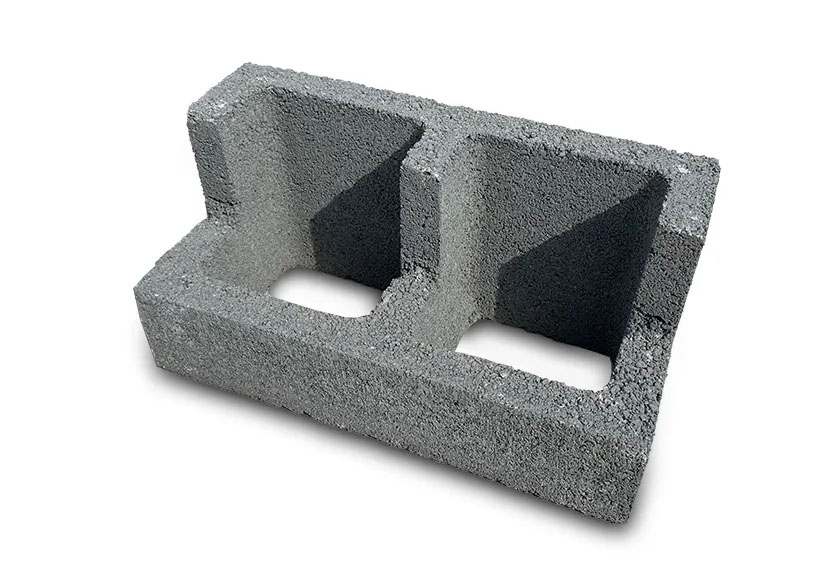
Header Block Solid
Size: 8x8x16
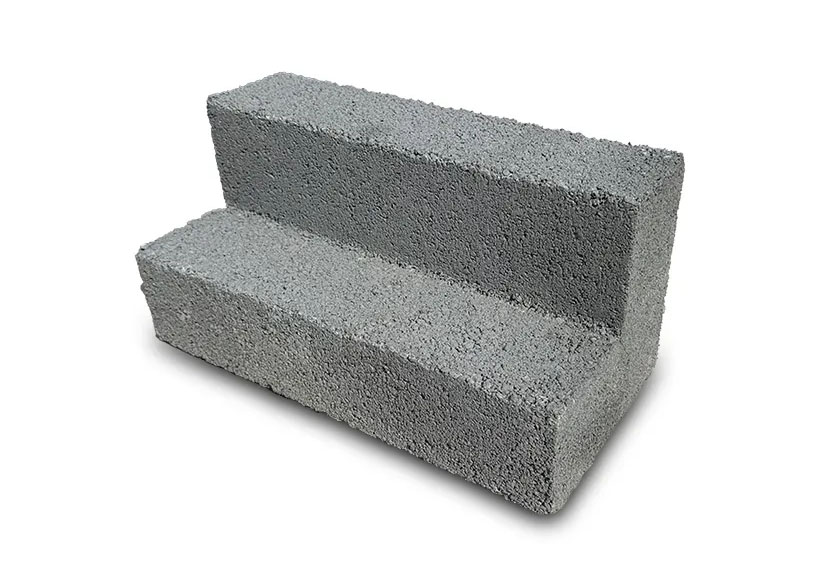
Solid Bottom Bond Beam
Size: 6x8x16
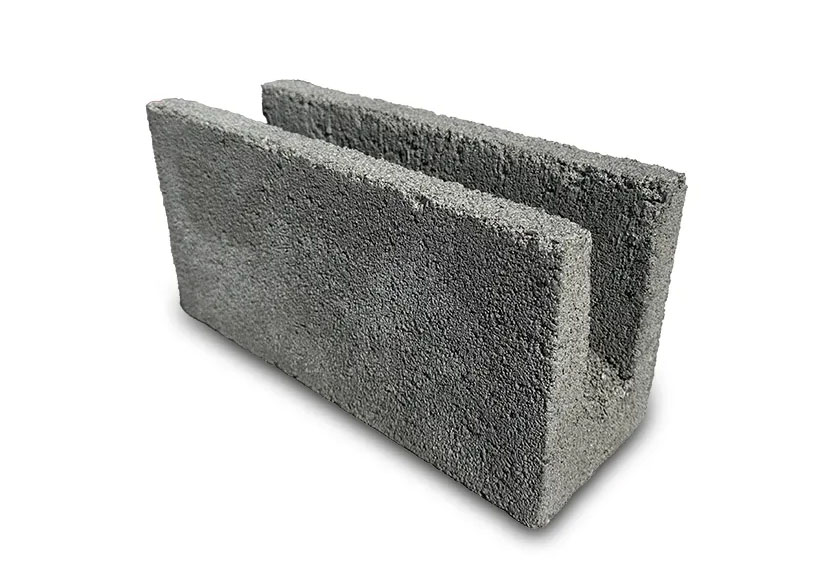
Solid Bottom Bond Beam
Size: 8x8x16
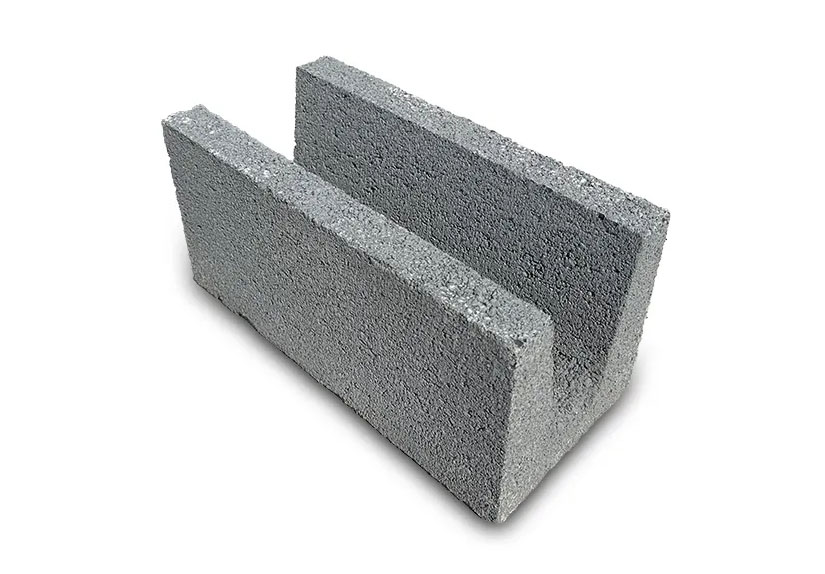
Vertical Bond Beam
Size: 8x16x8
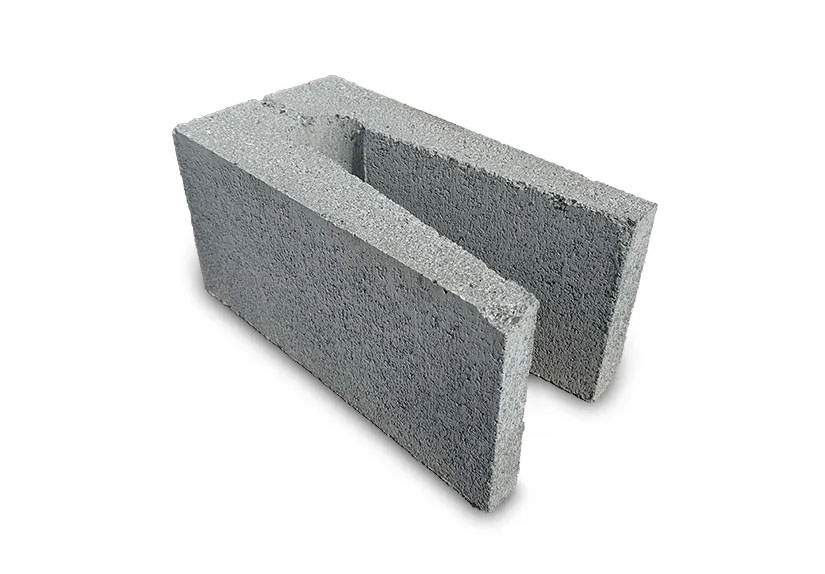
Deep Press Bond Beam
Size: 8x8x16
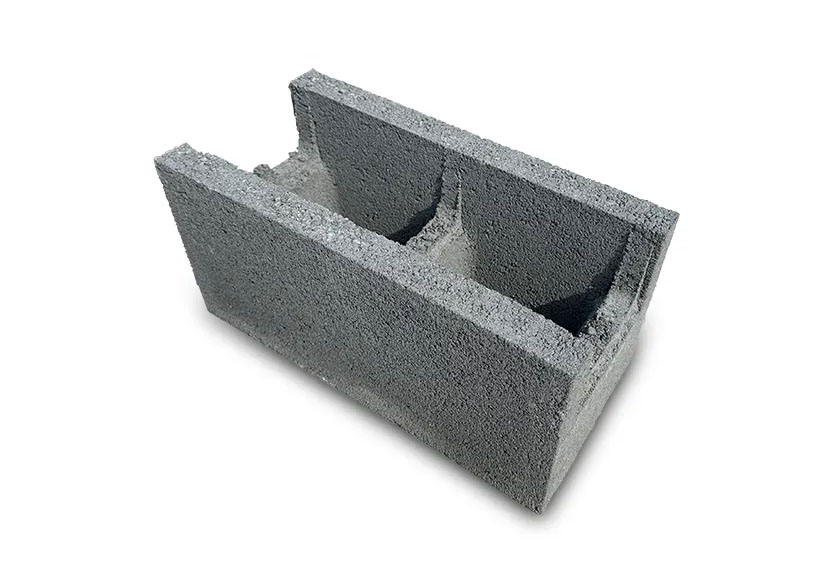
Knock Out Bond Beam
Size: 8x8x16
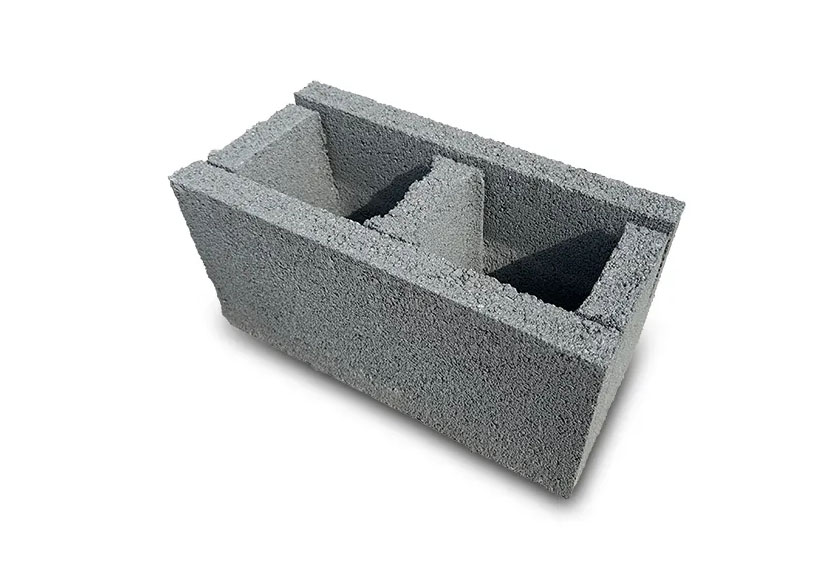
Solid Bottom Bond Beam
Size: 12x8x16
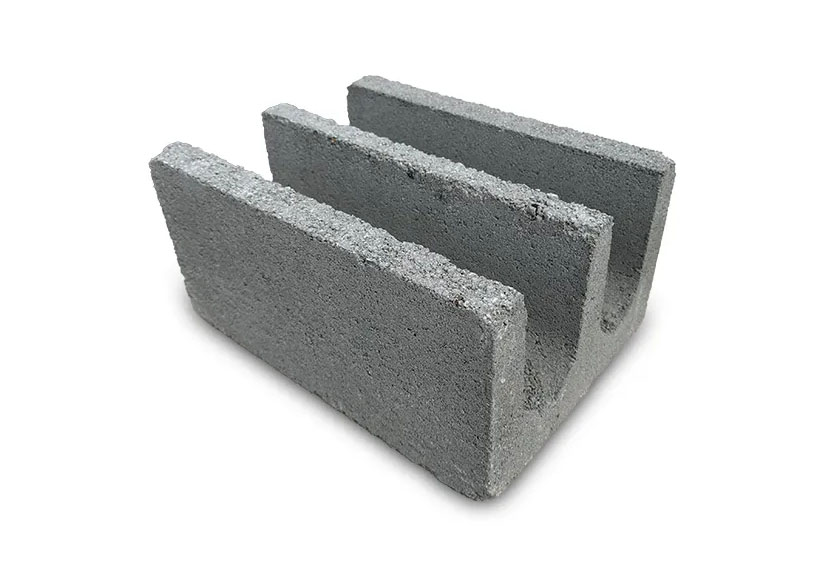
Vertical Bond Beam
Size: 12x16x8
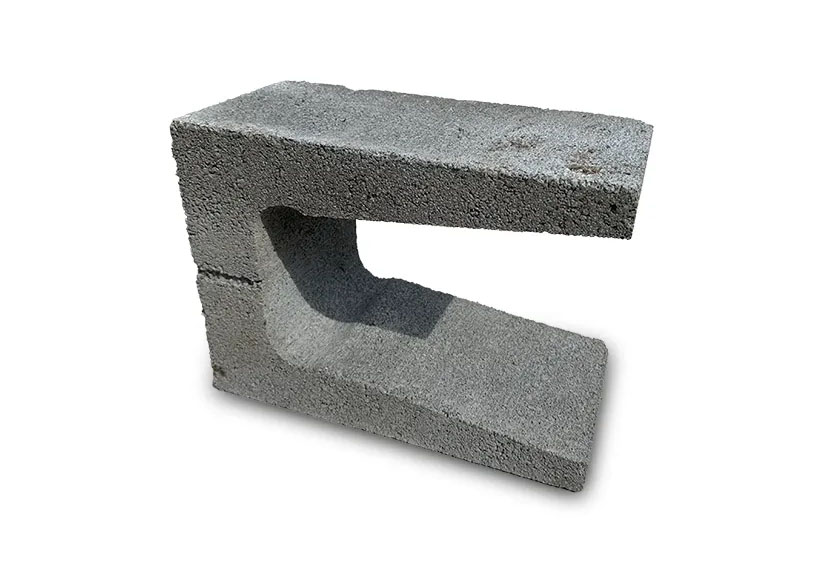
Knock Out Bond Beam
Size: 12x8x16
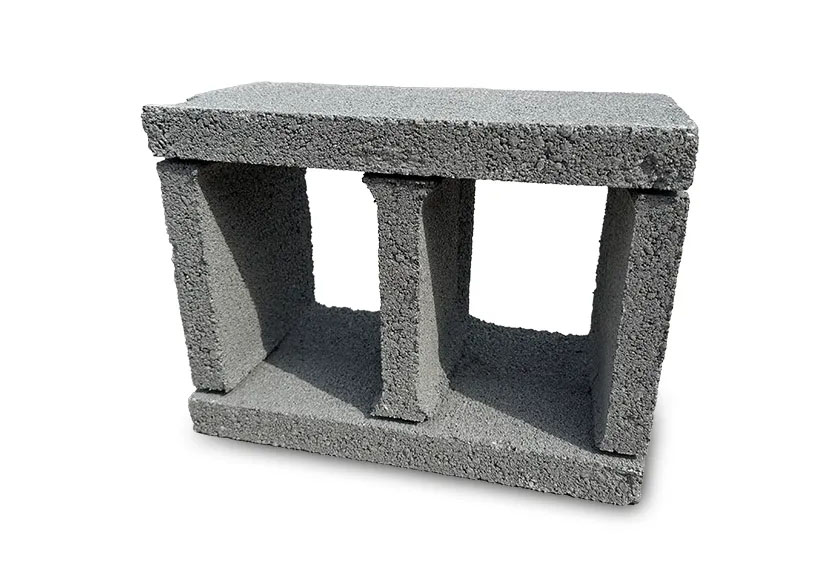
Retaining Wall Block
Size: 8x8x16
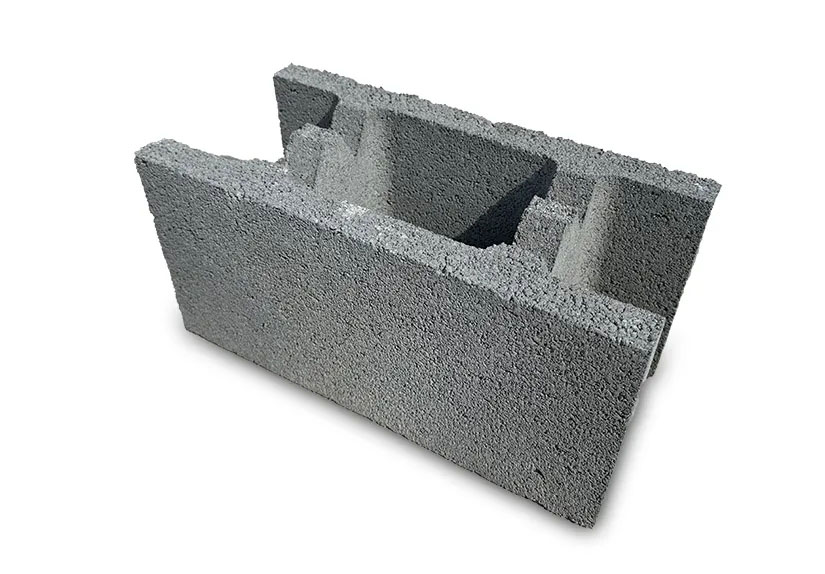
Retaining Wall Block
Size: 12x8x16
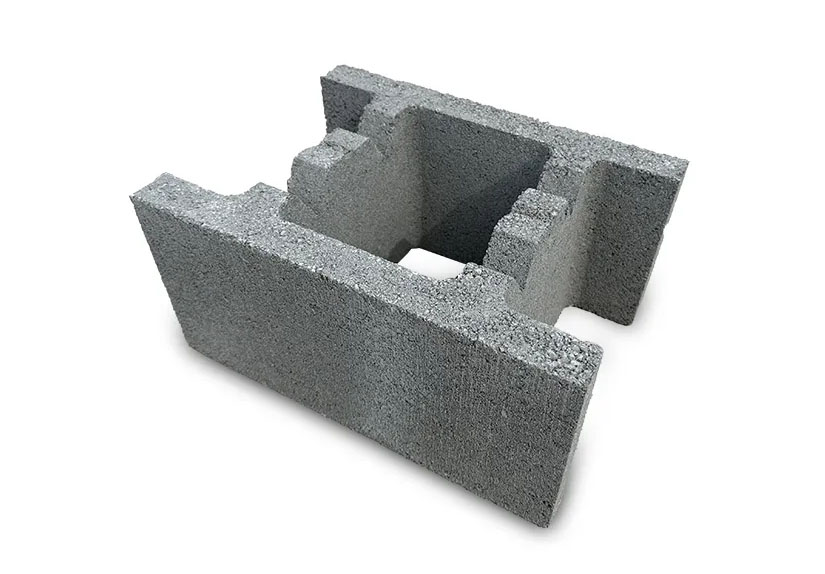
Half Block
Size: 8x8x8
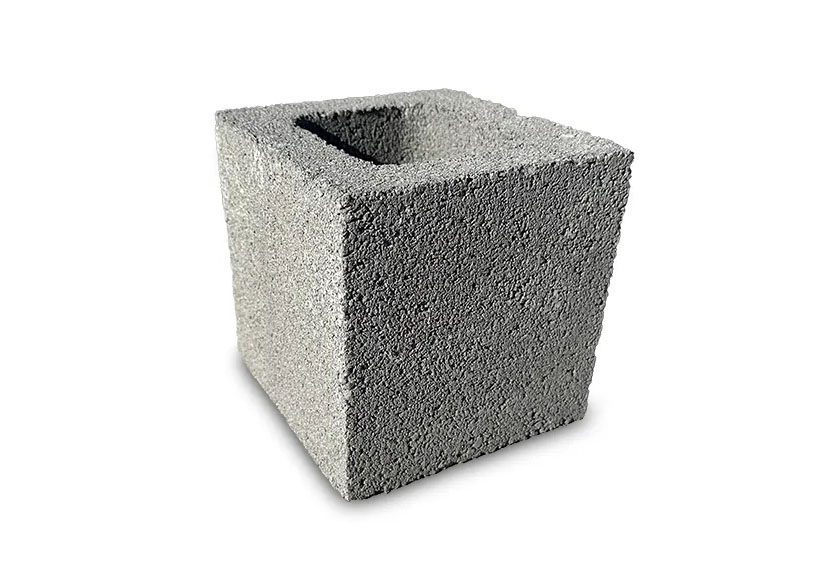
Half Block
Size: 12x8x16
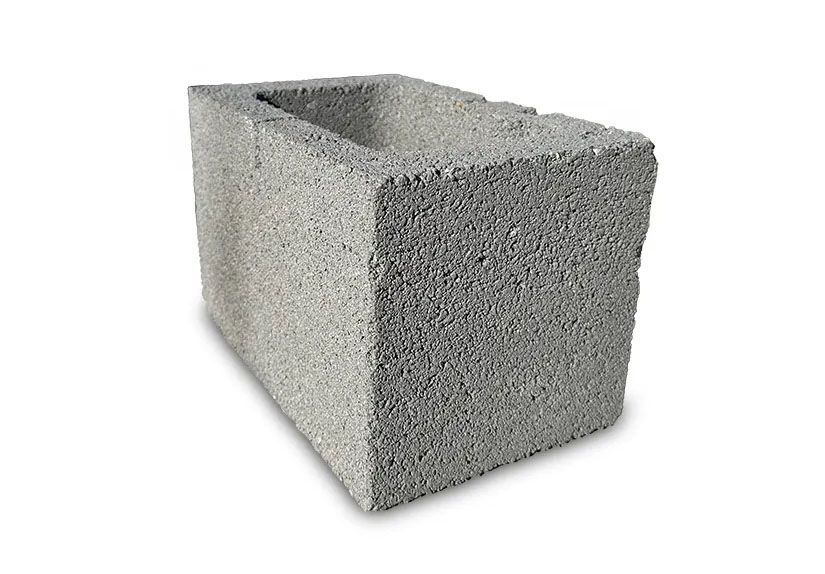
Half Block Single Bullnose
Size: 12x8x8
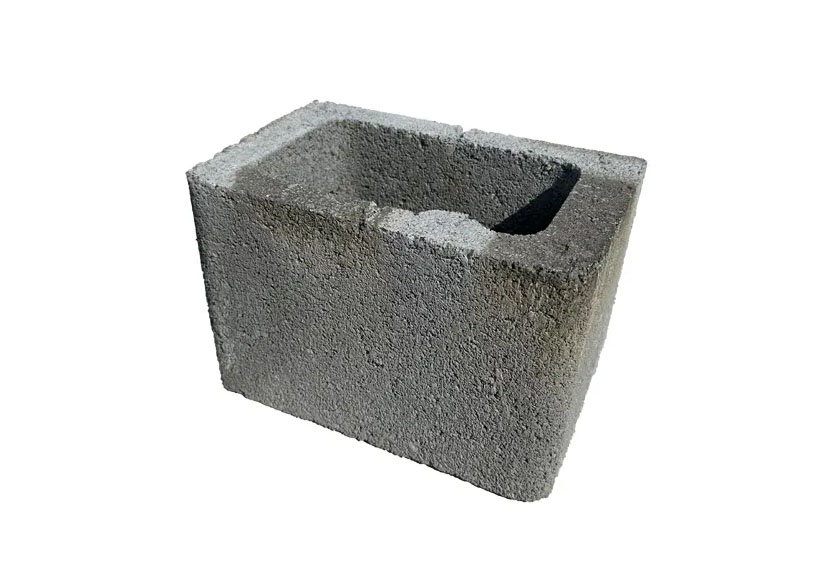
Double Bullnose
Size: 8x8x16
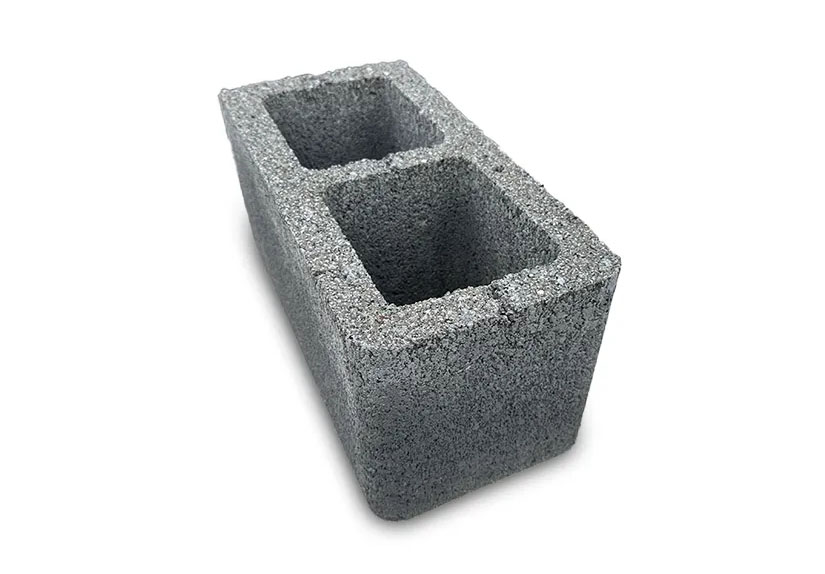
Double Bullnose
Size: 8x8x8
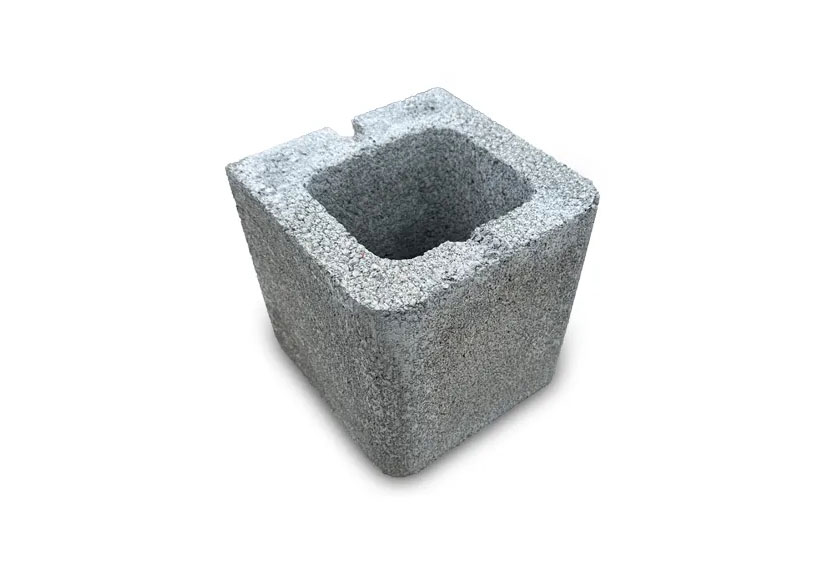
Split Face Solid Bottom Bond Beam
Size: 8x8x16
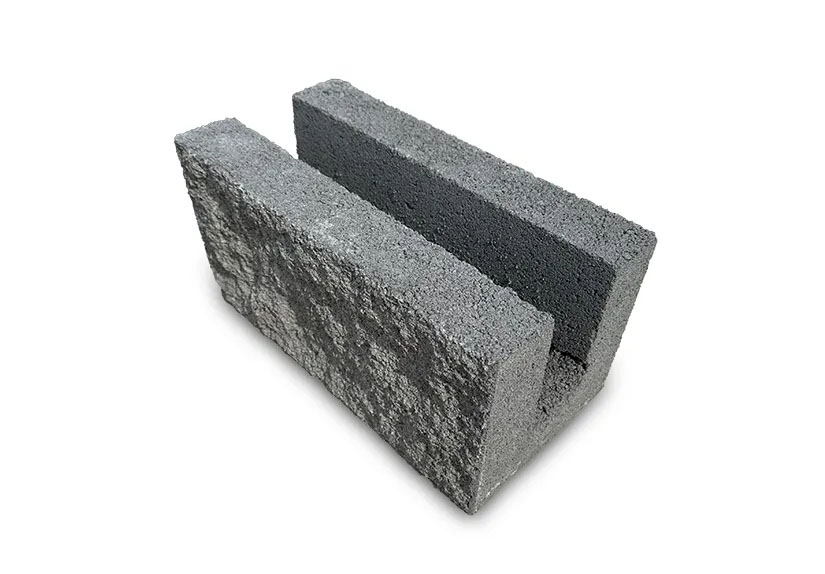
Split Face
Size: 4x8x16 (split on 8″ side)
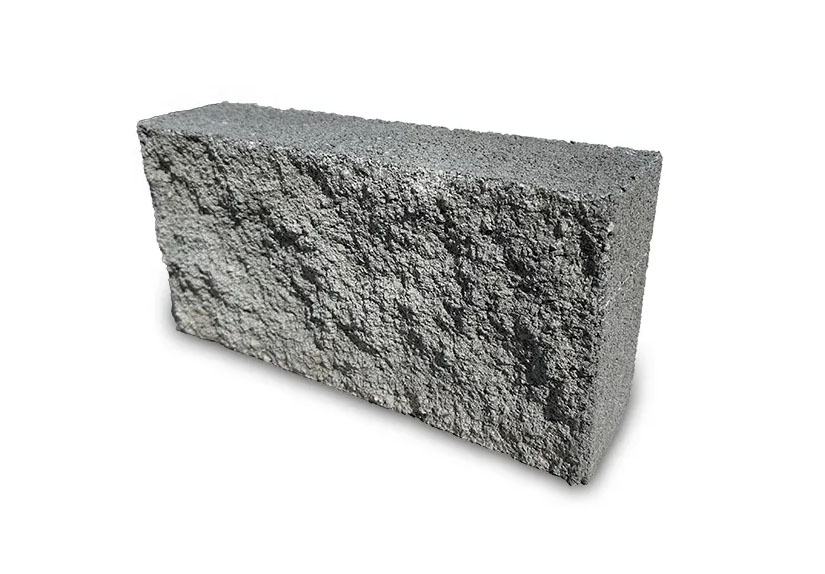
Split Face Corner
Size: 12x4x8
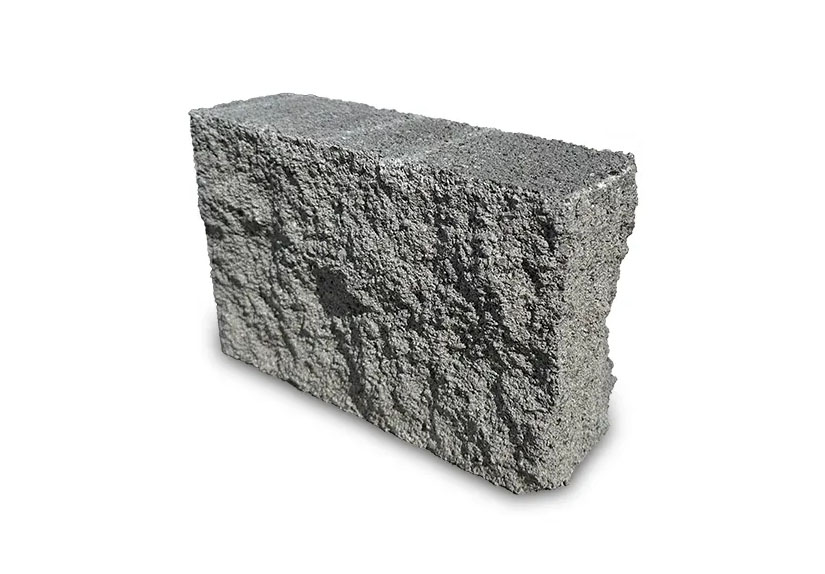
Split Face Corner
Size: 4x4x16 (split on 8″ side)
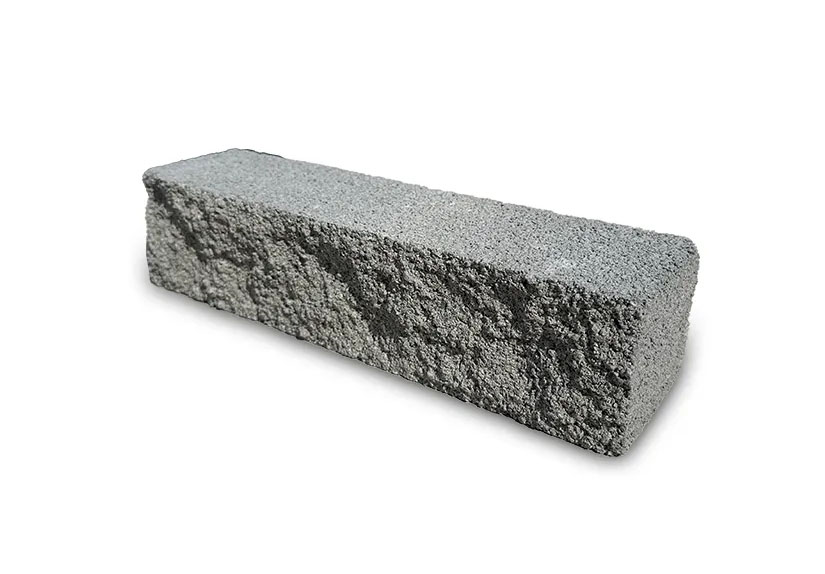
Split Face Corner
Size: 8x8x16
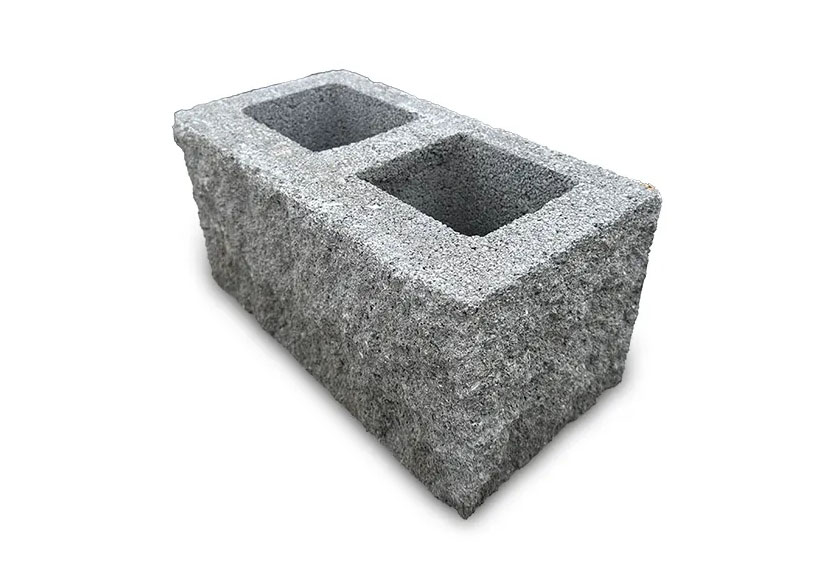
Split Face
Size: 8x8x16
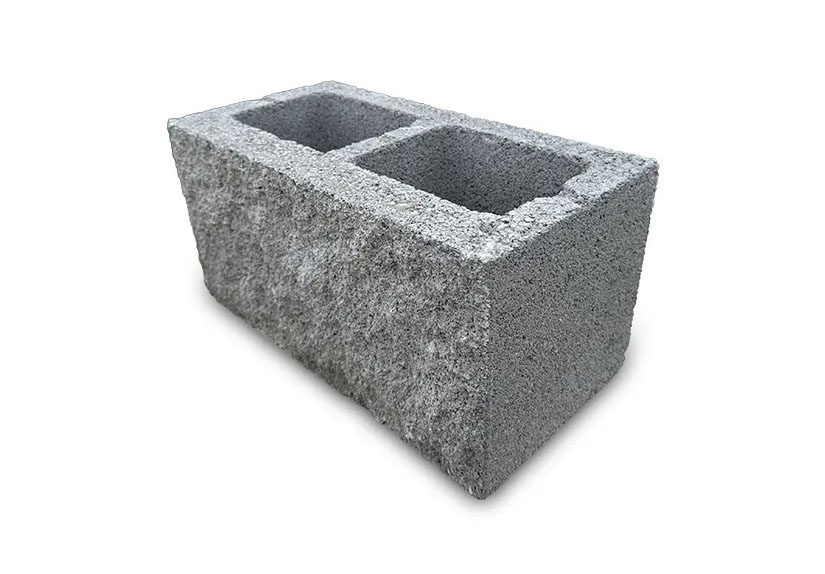
Split Face
Size: 12x8x16
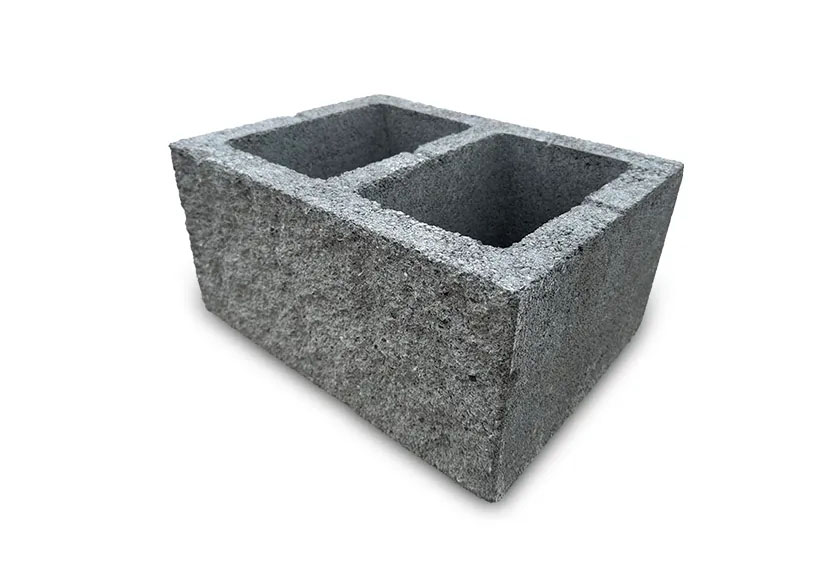
Bay Angle Block
Size: 8″
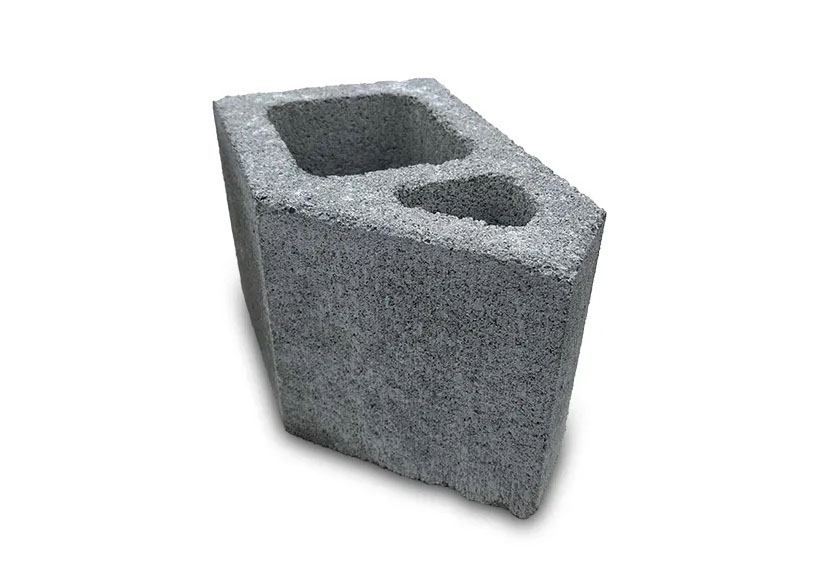
Return Corner
Size: 12″
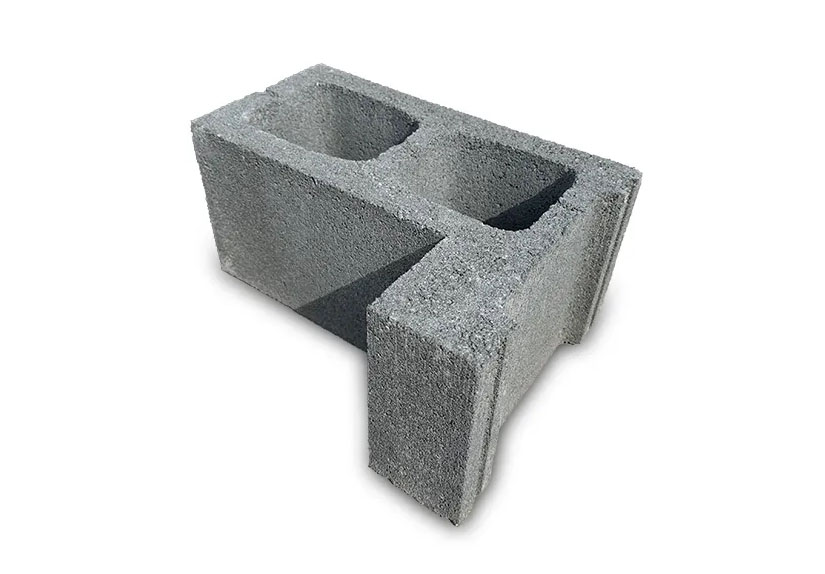
SCMA members provide a wide range of CMU products. To find a local producer in your area to discuss your needs and purchase materials visit our producer portal.
For Technical CMU resources Technical Resources – Concrete Masonry and Hardscapes Association
